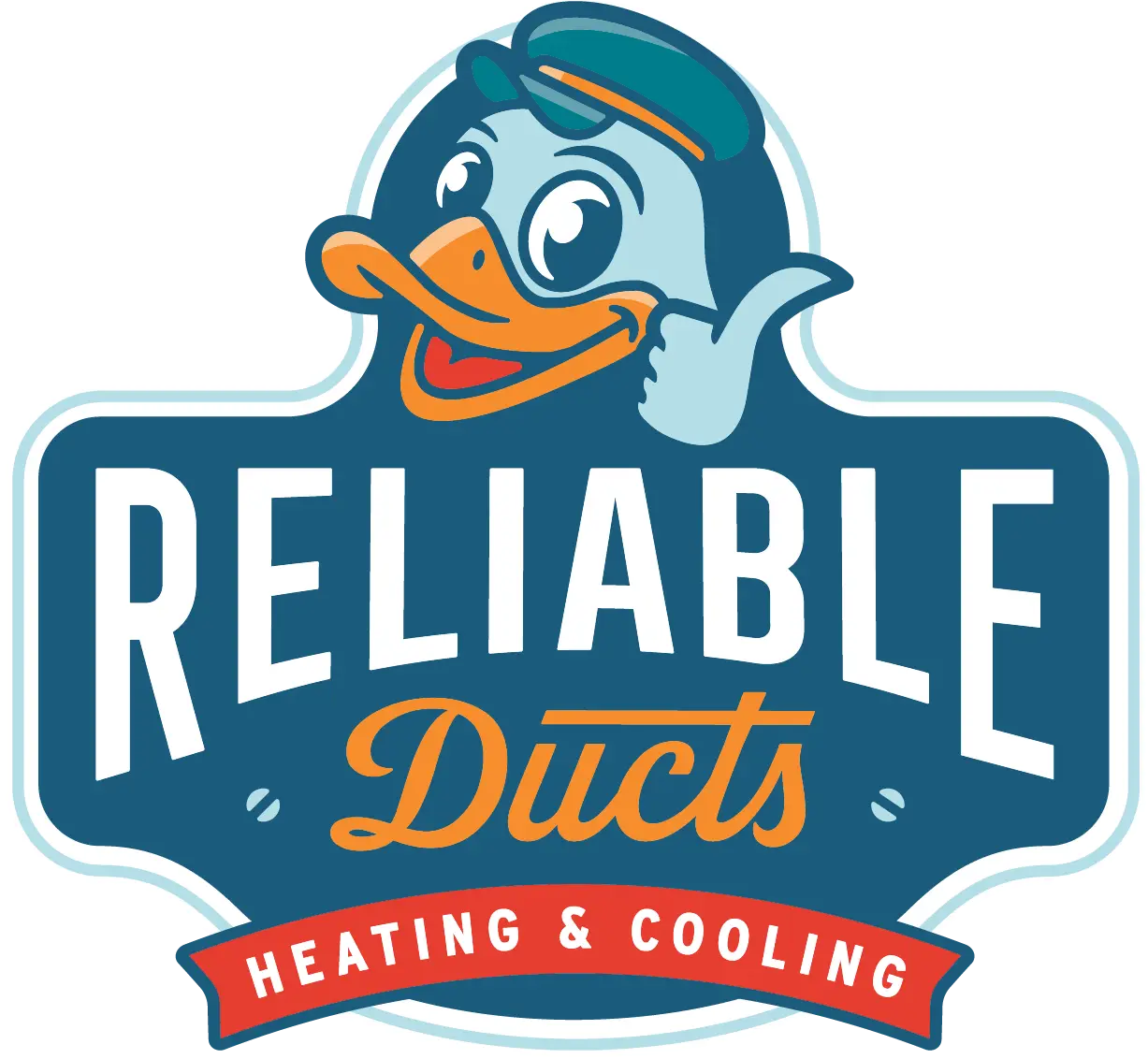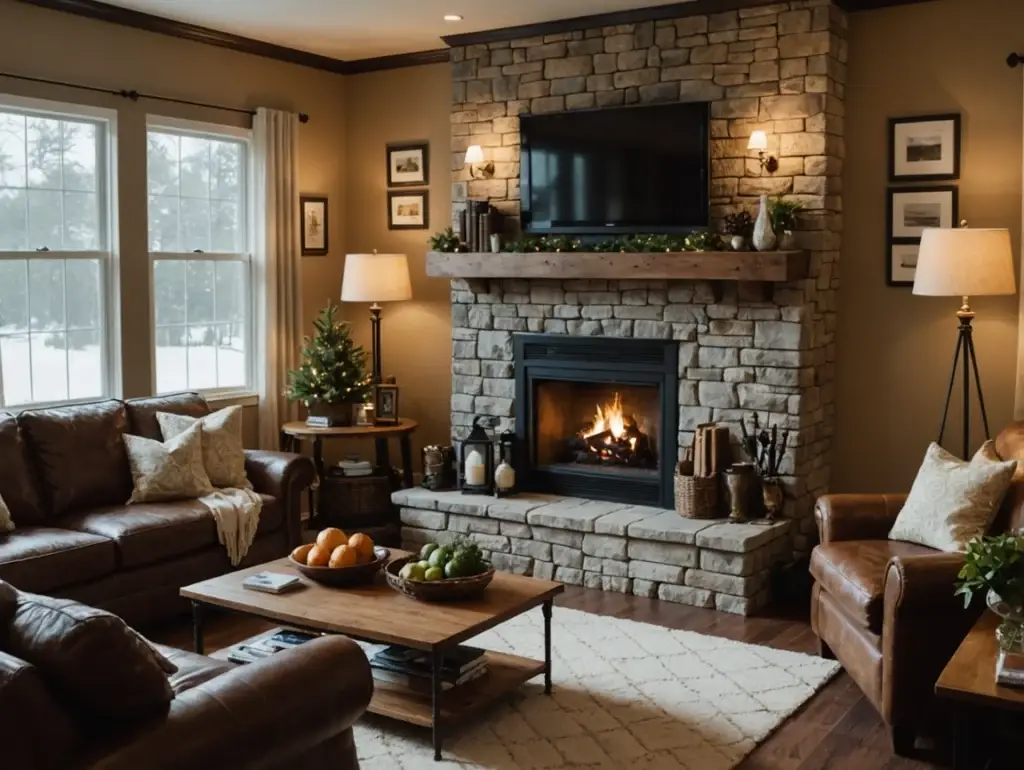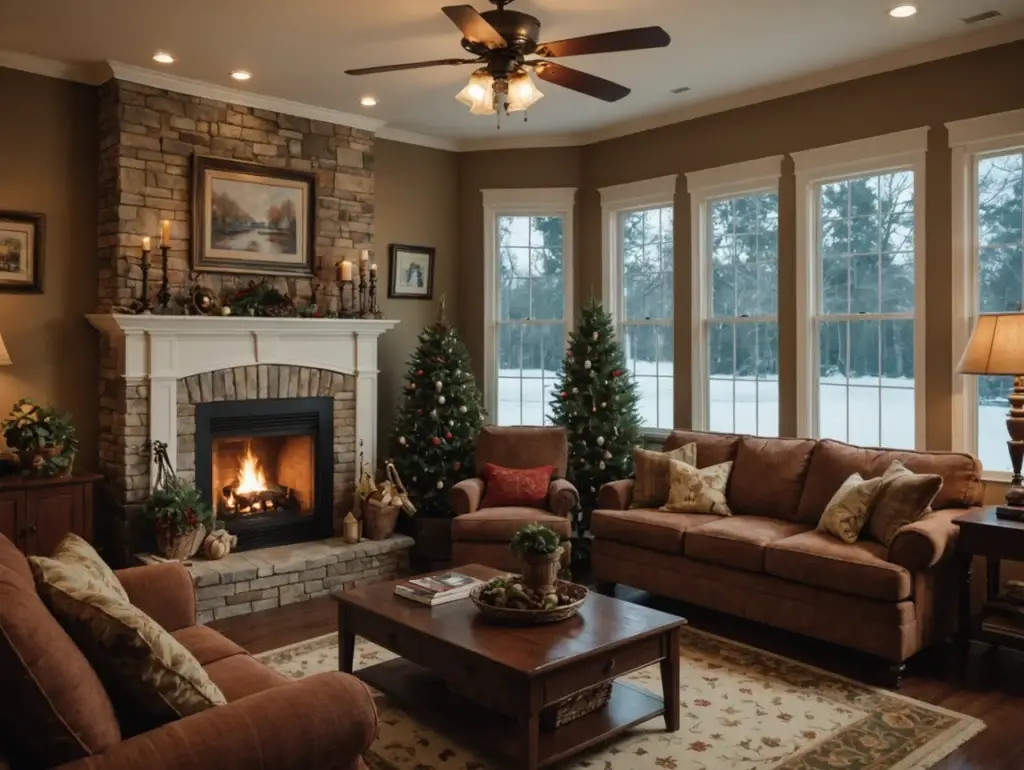Your HVAC system accounts for approximately 40% of your home’s cooling needs. Efficient heating or cooling equipment can reduce the energy consumption in your home. When moving to a new house, it’s wise to assess the efficiency of the existing unit. Here are tips on how to determine the performance of your HVAC system.
Inspect the Equipment for Deterioration
When moving to a new home, you ought to assess your heating and cooling system. You can start by inspecting the HVAC unit for signs of deterioration around the equipment. Pools of water and corrosion on the casing imply the system is aging and inefficient.
Corrosion can damage the condenser coils by gradually creating a patchwork of cracks on the tubes. Statistics suggest rusting is responsible for up to 40% of equipment failures.
When the copper coils succumb to corrosion, the system will leak the refrigerant and reduce the efficiency of your system. Every HVAC system has a specific refrigerant charge corresponding to its heating and cooling load. Inadequate amounts of the fluid could force your furnace to overheat or the coils to freeze over in winter.
You can arrange for HVAC system maintenance so that technicians can clean the coils and restore their efficiency. Grime can also create an insulation layer that impacts heating and cooling. If the copper tubes are defective, a professional will recommend a replacement.
Determine the Energy Efficiency of the HVAC System
After examining the equipment’s condition, locate the energy rating label. HVAC systems have a yellow and black sticker with SEER and AFUE ratings. An Energy Star label indicates the system’s performance is higher than standard equipment of the same size.
The SEER rating (Seasonal Energy Efficiency Ratio) indicates the air conditioner’s efficiency. SEER calculates the cooling output against the fuel consumption for the entire season. SEER ratings start from 13 and can go up to 25.
SEER values will be on the manufacturer’s energy guide with the rating, which often includes additional characters. For example, the rating could be written as AC15. It means the air conditioner has a 16 SEER rating.
AFUE (Annual Fuel Utilization Efficiency) is a rating that measures the heating component’s efficiency. Older boilers and furnaces have an AFUE rating of 78 and 80%. The latest heating and cooling equipment can have an AFUE of up to 98%.
Keep in mind the efficiency of the HVAC system can deteriorate due to aging or insufficient maintenance. Even a new system can deteriorate in performance and raise the operational costs for the system. Reliable Ducts Heating and Cooling technicians can inspect your equipment in Jacksonville to determine its performance.
Examine the Ductwork
When assessing the performance of the new home’s heating and cooling system, be sure to examine the ductwork. The ductwork distributes conditioned air to different rooms through the supply vent and expels it through the return vent.
According to Energy Star, improper installation of air ducts is among the leading reasons new systems become inefficient. Leaks and holes on the ductwork allow conditioned air to escape, increasing your equipment’s energy consumption.
Besides improper installation, the ductwork can develop holes and gaps between connections. Lack of ductwork insulation may lead to energy losses that force your HVAC system to work harder. Your equipment can overheat and damage components.
A visual examination can spot inefficient ductwork. Tangled and loose connections indicate the tubes need sealing or a replacement. Strange noises such as hissing and banging could be a symptom of a leak.
Also, check if the vents are open to avoid damaging your HVAC system. It is a misconception that closing the vents can reduce energy consumption. But the ductwork is designed to match the building’s heating and cooling needs. Closing off the vents will only force your AC and furnace to overwork.
Some issues are not easy to identify through a visual inspection. That’s why HVAC technicians recommend consulting a professional for an assessment. Professionals can evaluate the sizing and insulation and can advise you on the best options for your Jacksonville home.
Pay Attention to Indoor Air Quality Issues
Your new home’s indoor air quality is another factor that may indicate the heating and cooling system’s performance. Be sure to check surfaces for dust accumulation. Dust is a sign of poor circulation, probably caused by clogged filters or leaky ductwork.
Dust can start a vicious cycle that rapidly deteriorates your unit. Dusty condenser and evaporator coils can force your HVAC system to overwork. Your HVAC equipment will eventually break down and may require a replacement.
Unusual odors could be an indication of mold and mildew growth. Improper ductwork insulation or air leaks can introduce moisture into the system. The humidity could trigger corrosion or cause premature failure of your HVAC equipment.
Inconsistent Temperatures Across the House
An inefficient HVAC system will overwork to circulate conditioned air throughout the house. You may detect temperature differences across different rooms. The imbalance in temperature could be due to ductwork leaks or substandard equipment installation.
Your equipment may fail to heat or cool the house if its capacity is too big or too small. If its size exceeds the needs of your home, the AC will shut on and off to avoid overheating. The continuous on and off operation can speed up the deterioration of critical components.
If your equipment is too small, it will keep running continuously to meet your home’s energy demands. The system can overheat components, causing premature failure. The longer heating and cooling cycles will cause temperature imbalances across the house.
Therefore, it is best to schedule an inspection when you suspect temperature imbalances across the room. Our technicians can assess the ductwork and the quality of the installation. Talk to Reliable Ducts Heating and Cooling for top-notch heating repair solutions in Jacksonville.
How to Determine if You Need a Replacement
An aging HVAC system approaching the end of its life can be expensive to run. Not only will it raise your energy bills, but you’ll also have to schedule repairs frequently. The equipment will deteriorate faster, requiring costly parts replacement in the long run.
The lifespan of an HVAC system is between 10 and 15 years. Consider replacing a system that is more than a decade old, especially if it is inefficient. Acquiring a new system may make sense in the long term compared to spending money on multiple repairs.
However, you don’t have to replace a system more than a decade old. It depends on the quality of installation and the frequency of maintenance. You can request a history of the HVAC maintenance records to evaluate its performance.
A professional inspection is the best way to determine if you need a replacement. A certified technician can offer insights on improving the system’s efficiency. You can also get more information on new technologies and features and the ideal HVAC equipment for your needs.
Reliable Ducts Heating and Cooling is a trusted HVAC company providing quality services in Jacksonville. We are committed to offering transparent and consistent services to keep our clients comfortable throughout the year. You can contact our team for furnace and AC services, indoor air quality, maintenance, and replacement solutions. We have a flexible schedule, and you can consult our staff 24/7, 365 days a year. Call us today for a 100% guarantee.



